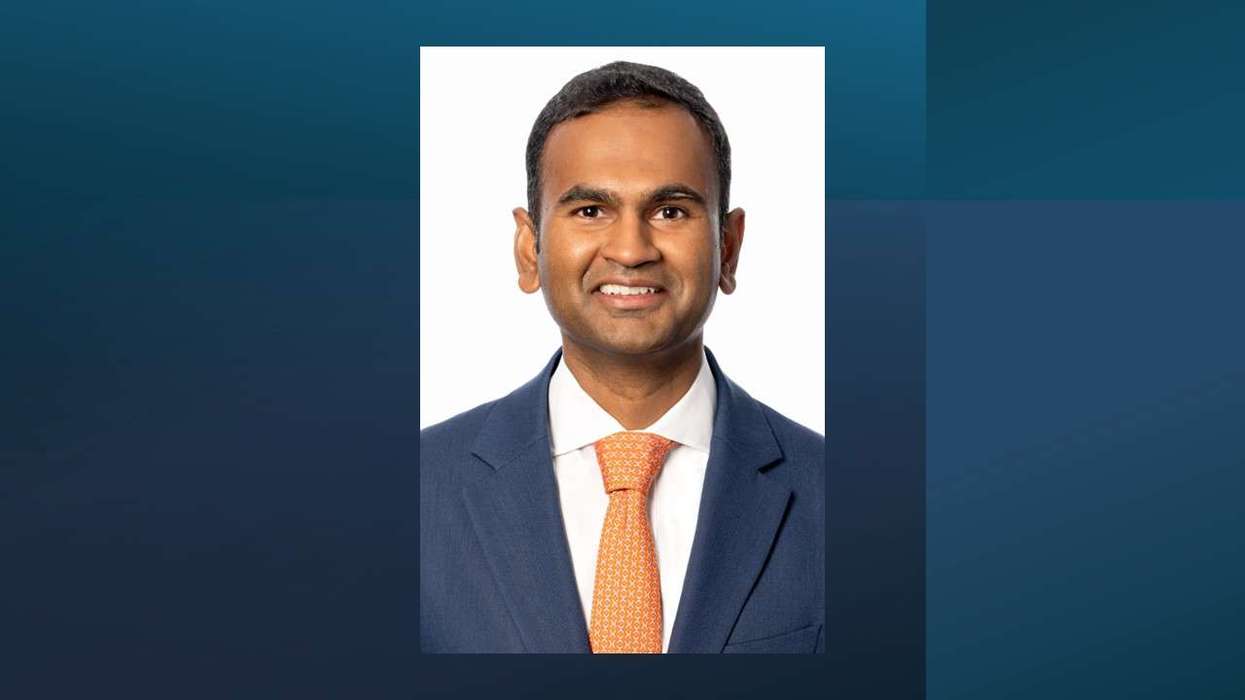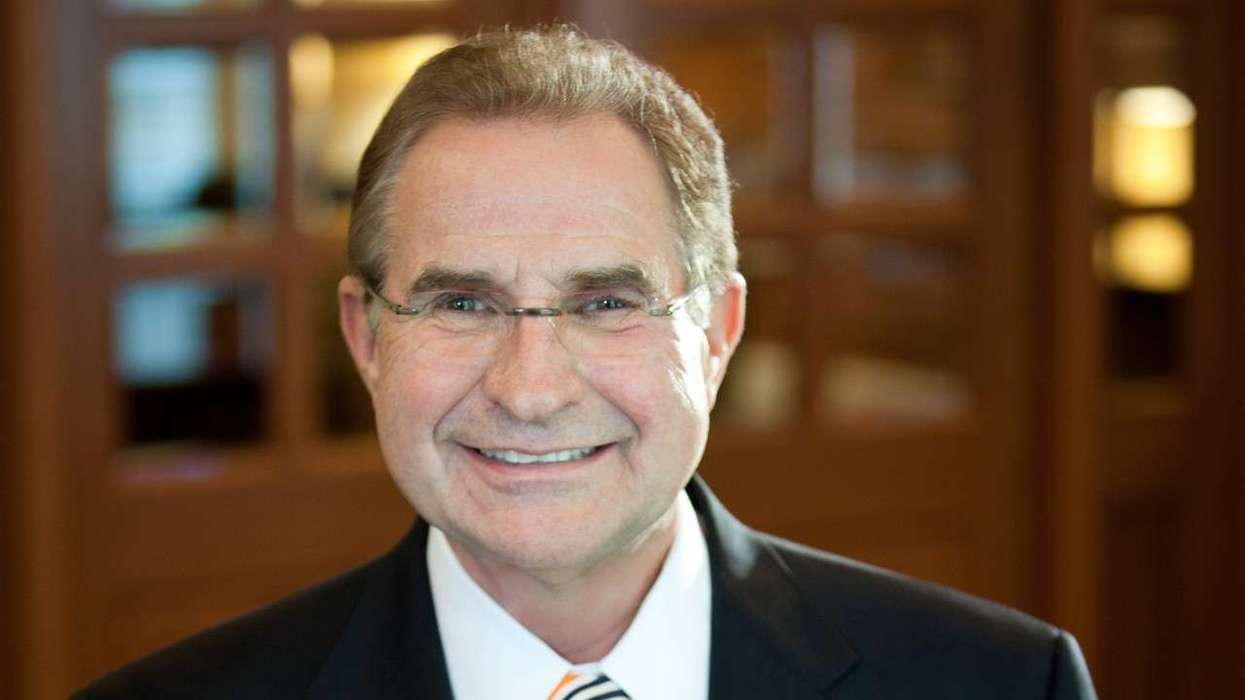MANY HOTELS WERE given a short-term solution to managing their debt when the COVID-19 pandemic crashed the economy in March: a three-month deferral. As the time limit on those deferrals are now running out, hotel owners will have to develop long-term strategies to take advantage of alternative capitalization options, according to an article form PMZ Realty Capital.
The three-month deferments provided temporary relief to hotels that were suffering a sudden drop in occupancy, according to the article by Michael Sonnabend, managing member and co-founder of PMZ Realty Capital. Along with federal stimulus aid, it allowed the borrowers to avoid losing their properties to foreclosure.
However, as the pandemic and its economic downturn drags on, lenders are getting a little less patient, Sonnabend wrote in “The state of finance after the three-month deferral.”
“Hoteliers with bank loans have often found their lenders to be less friendly to discussing a longer-term solution to manage debt until there is a sustained return to travel,” the article said. “This is especially important as summer leisure travel is the prime demand segment in the market today. The fall is typically dominated by higher-rated business and group travel, but that seems unlikely in 2020.”
The best option is to restructure their debt for the next 12 to 24 months. However, Sonnabend said, lenders are now looking for debt structures typically seen in previous downturns.
“The difference today is that there is more capital available to help them through until demand returns,” he said. “There are sources of rescue or runway capital, ready to invest in hotels that performed well prior to March and have good prospects for recovery.”
Extended-stay and select-service that have been performing better than other categories of properties will be more attractive to capital providers, Sonnabend said. Drive-to markets also will be stronger positions.
“Hoteliers looking at rescue or runway capital as part of their overall restructuring with lenders/special servicers should know these investors are looking for double-digit returns, but, in some cases, have been agreeable to foregoing true participatory ownership or management changes for deals that meet their foregoing requirements,” he wrote.
In addition, there are a variety of investors with management capabilities who have been strongly bidding to invest in deals that do not have. So far, there is still a disconnect between the expectations of the capital providers and capital users, but this should begin to narrow over the balance of the third quarter.
Some investors with management capabilities have been pursuing deals with an owner/operator component, Sonnabend said. At the same time, though, expectations of capital providers have been different from those of users, although he expects that to level off over the third quarter.
“Industry pundits are talking about a recovery potentially four to five years away. Owners need to ensure their properties and portfolios are prepared to survive the downturn until the market returns, or they are able to transact in the capital markets,” Sonnabend concludes. “Therefore, the most crucial factor for an owner to consider when looking at options for restructuring and deciding on the best options for their property or portfolio is to determine the long-range strategy for the asset. Owners typically have a finite amount of capital available (whether directly or from third-party providers), and the most effective restructuring strategies involve additional investment by the borrower in conjunction with relief provided by the lender.”
In April, Peter Berk, PMZ Realty’s president, moderated a webinar sponsored by AAHOA on how hoteliers should handle their CMBS loans.





